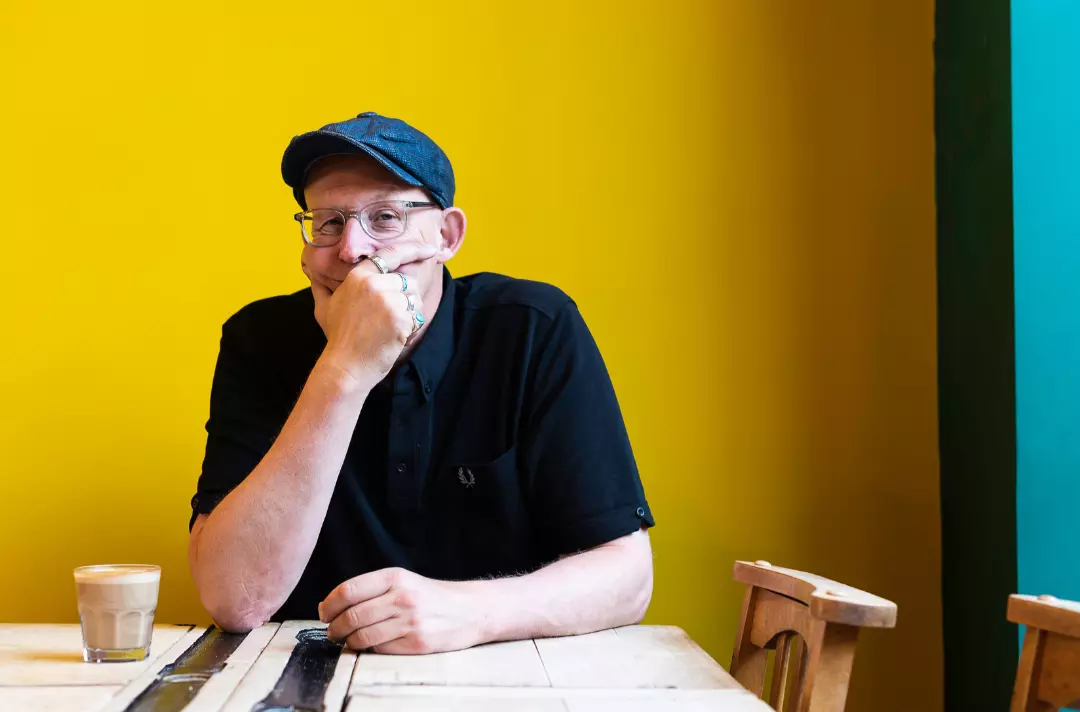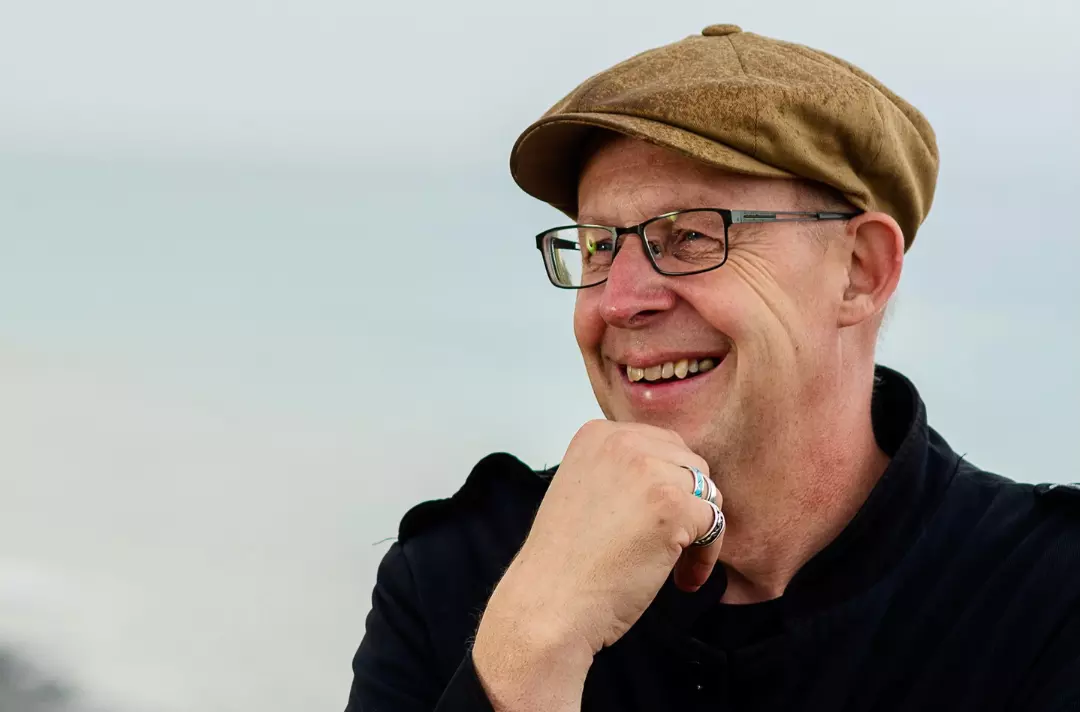5 March 2022
A journalist's view: Celebrities are 'just like the rest of us'
Claire Brine interviews Cole Moreton
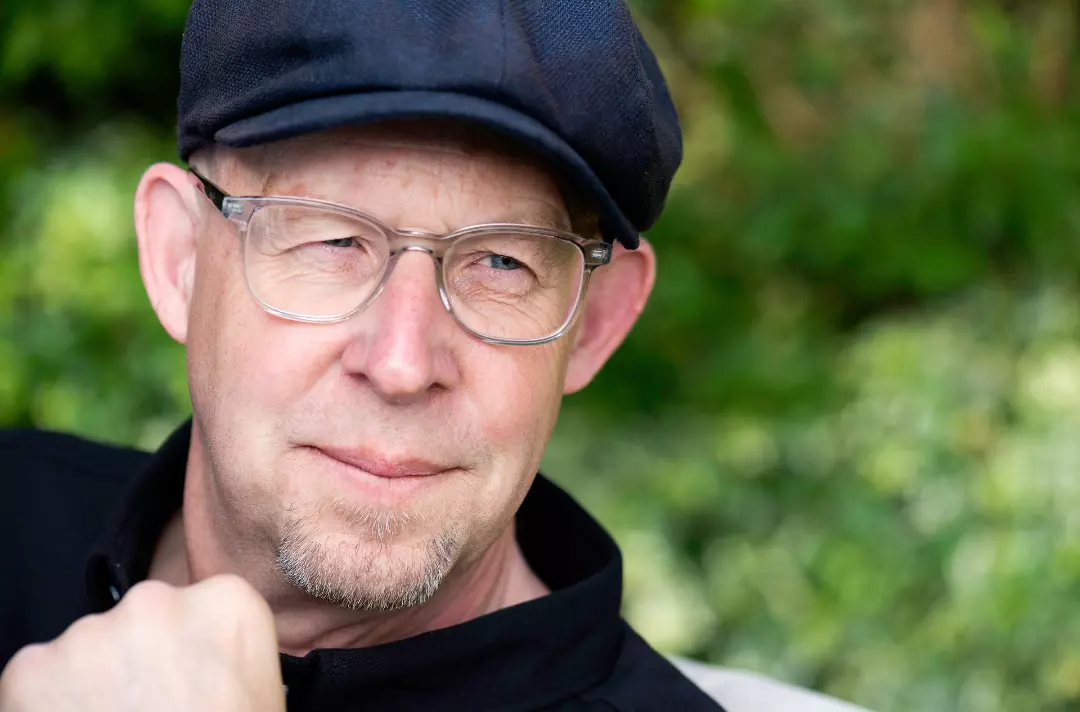
After encountering some of the world’s most famous people, journalist Cole Moreton tells Claire Brine what he has learnt about the value of human connection.
Cole Moreton is full of fascinating stories.
There’s the one about Tiger Woods, who opened up to him about the loss of his father and how much he missed him.
Then there’s the ‘chat about life’ he had in a bar with Scarlett Johansson, when she revealed how challenging she found it to be alone.
Another story – about an event that lasted just a few seconds – took place in a car in Israel, when Archbishop Desmond Tutu screamed in his face.
In his 20-plus years as a journalist, writing for titles such as the Independent and The Mail on Sunday, Cole has had some remarkable encounters with some extraordinary people. And he recounts some of those stories and what they have taught him about life in his podcast series Can We Talk?, the final episode of which will be available to download from Tuesday (8 March).
‘Can We Talk? is a collection of true stories about the human longing to connect,’ says Cole as we talk about the podcast series, which also describes encounters with the Queen, Nelson Mandela and a teenage refugee called Zahra, who crossed the Channel one Christmas morning in a rubber boat.
‘We all have this longing to connect with ourselves, with each other, with nature and – crucially – with the Divine. And in my podcast I’m reflecting back on some of the remarkable encounters I’ve had with people, exploring what we can learn from one another about how to live better.’
To help explain the story behind his podcast, Cole takes me back to 1999, the year he came face to face with Archbishop Desmond Tutu.
‘I tell the story of how he thought I was trying to kill him,’ says Cole. ‘But there’s also a bit in that episode when I talk about the archbishop’s concept of ubuntu, which is the idea that human beings are connected. He condensed it into these words: “I am because we are.”
'Basically, human beings can’t function on their own. We depend on each other. And, as a person of faith, I am fascinated by that idea, because the Bible tells us that we are all equal in the sight of God, and therefore we are all connected and need one another.
‘I began to see that even the most rich, famous and highly lauded people were flawed and broken, just like the rest of us. And if they are like us, then, by extension, we are just like them. Coming to such a realisation makes it much easier to think about forgiving people for their mistakes – and accepting forgiveness ourselves.’
However people connect, Cole believes that the sharing of stories can often ‘help us to feel better’. He also feels that connecting with other people enables us to experience the presence of God.
‘When we connect with someone, it’s encouraging because we understand that we share hopes, fears and aspirations,’ he says. ‘But I think that’s when we also begin to see God in the room. We start to understand who we are, as humans, in relation to the Divine.
'I believe that we are God’s creation, here to celebrate the beauty of the world he has given us – and we can do that through conversation, intimacy and understanding one another, which leads to overcoming barriers. Connecting is what God has called us to do.
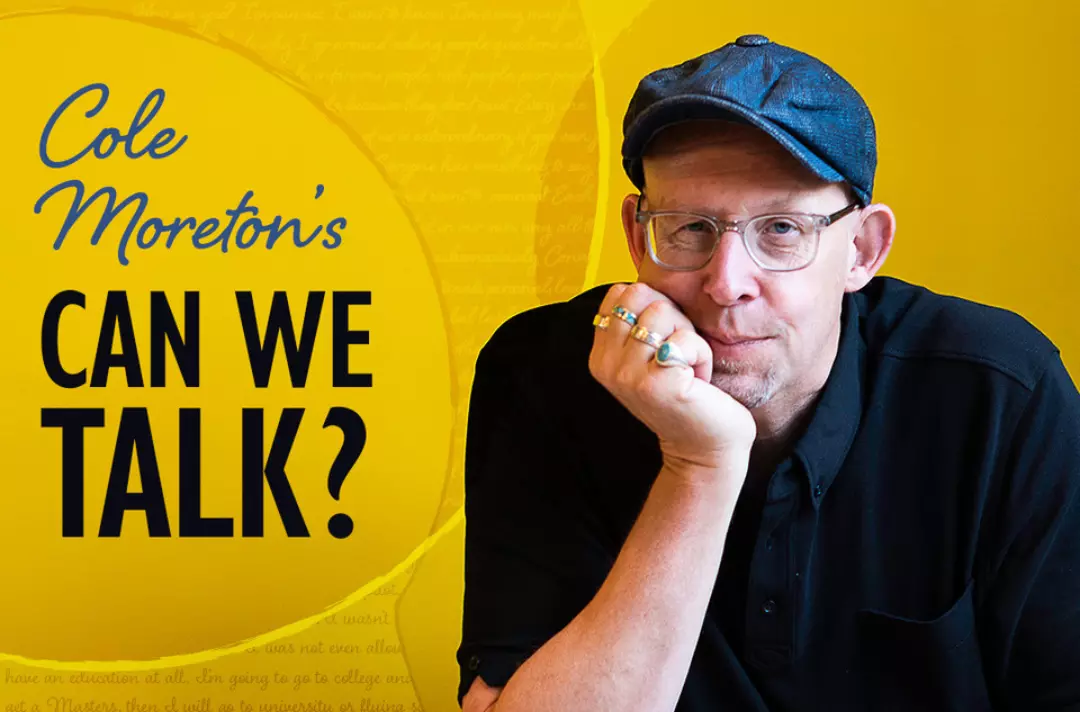
‘Over the past couple of years, we have all seen the consequences of disconnection and isolation. People have suffered with mental health problems and there’s been a shared sense of despair. But I believe that by talking to each other, looking each other in the face and spending time together in the same room again, we will start to feel warm once more in each other’s company.’
One of the major questions that Cole ponders in his podcast asks where humankind’s desire for connection comes from. I enquire as to whether he has found an answer to that yet.
‘I think that from the beginning, human beings were created to be in a state of grace with God and with each other,’ he explains. ‘But for some reason that connection became fractured. Today, we still have an instinctive memory of it and a longing for it. Part of the human condition is to feel homesick without knowing where home is. I think that feeling occurs because our home rests in the presence of God.’
Although Cole has been fascinated by matters of faith since his youth, he admits that at various points in his life, his relationship with God has been difficult. He became a Christian in his teens, but by the time he reached his twenties, his faith was at crisis point.
‘Everything fell out of place,’ he says. ‘My prayers felt as though they were falling on deaf ears and my heart was strangely chilled. It felt like I was having an anti-conversion experience.
‘But then I went to Jerusalem to write an article about pilgrimage, and as I stood by the Western Wall, I reflected that some of the most important stories told in Judaism, Christianity and, to some extent, Islam had taken place there. I began thinking again about the fractured dialogue between the Divine and humankind and, although I didn’t really understand it, I couldn’t ignore it any more. I couldn’t walk away from it.
‘Slowly I came back to a place of faith – and a relationship with God through the story of Jesus Christ.
'I find in Jesus a man of compassion, a man of anger who isn’t afraid to overturn tables, a man who is prepared to do what is right, a man who understands the simplicity of children and their faith and a man who is intimately in touch with the Divine. I’m completely intrigued by him. And, though I don’t know the answers about who Jesus really is or what he really means, I’m a little bit in love with him.’
Since his trip to Jerusalem, Cole has remained rooted in faith. He explains that, even in times of difficulty and doubt, he can’t help but believe in God.
‘It’s like when you’re in a shop, going about your business, and you hear a song that’s meaningful to you, playing in the background. Once you’ve heard it, you can’t ignore it. That’s how I feel about my faith.
'It doesn’t matter what I feel on a particular day or how much of a struggle life is. It doesn’t matter what I understand about God or what I don’t. None of that affects the reality that God is who he is. My faith – or lack of – makes no difference, because God continues anyway.’
Though human connection has proved crucial in helping Cole to develop his faith, he points out that there are many other ways in which people can experience the presence of God. Taking a walk, surrounded by nature, often prompts him to pray.
‘I find it very easy to see God in the natural world around me,’ he says. ‘I live in Eastbourne, so I enjoy the landscape and seascape every day as I’m walking my dog. Those are the times in which I feel free to pray out loud, shout if I need to, or just listen. When I’m praying outside, I feel I’m in the presence of an energy that holds and envelops me in love. It’s like I’m an intrinsic part of the landscape.
‘Ultimately, I think that when we come into the presence of God, we experience a sense of connection with everything that has been created – the things that are, the things that were and the things that will be. I believe that God is everywhere and in everything.’
Interview by

Claire Brine
Staff Writer, War Cry
Also available on:
More from War Cry
All online articles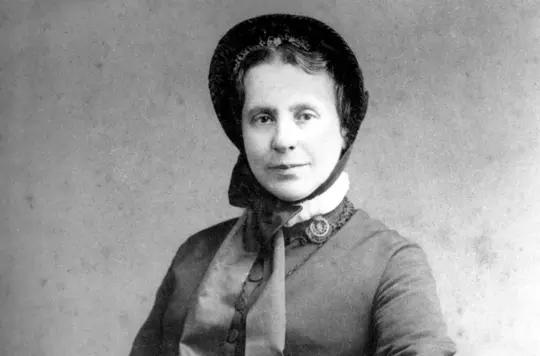
Women's History Month: Catherine Booth
To mark Women’s History Month, author Cathy Le Feuvre speaks to Emily Bright about Catherine Booth's legacy.
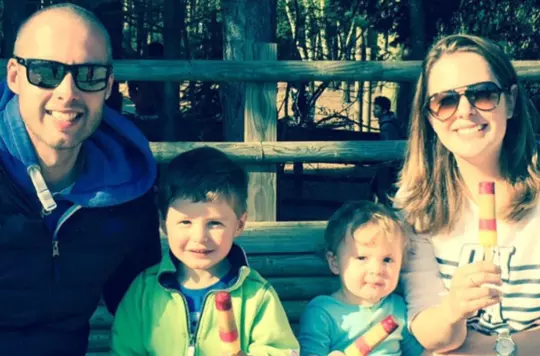
Losing a partner: 'My faith has made the tragic turn of events bearable'
Louise Blyth explains how she and her husband found a new outlook after he developed the cancer that would end his life.
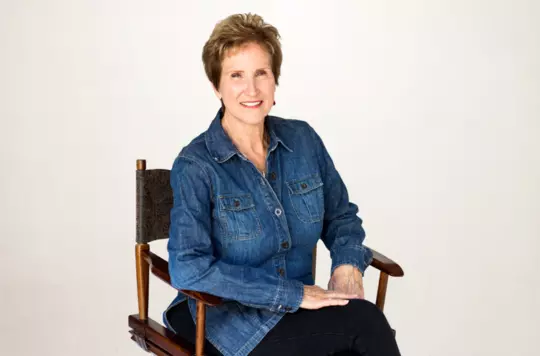
'Redeeming Love': From steamy romance to Christian fiction
Author Francine Rivers tells Emily Bright how becoming a Christian prompted her to turn over a new leaf in her career.
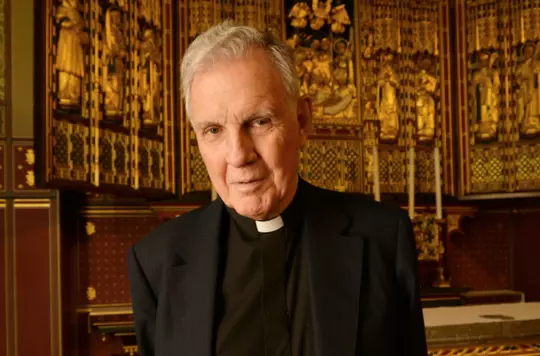
From cabinet minister to prisoner and now prison chaplain
Philip Halcrow interviews Jonathan Aitken and fellow ex-prisoner Edward Smyth about their spiritual survival guide 'Doing Time'.
